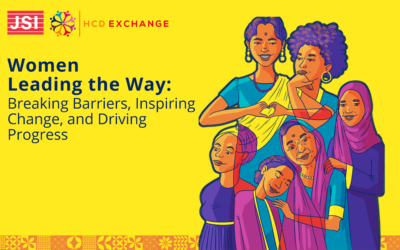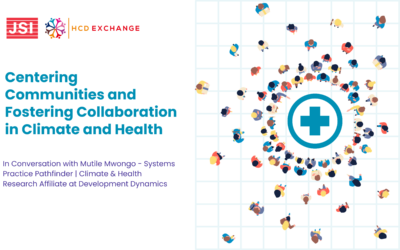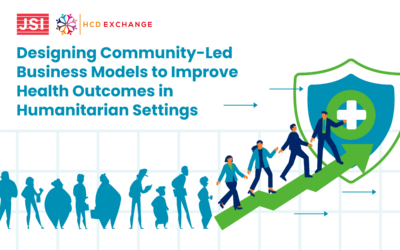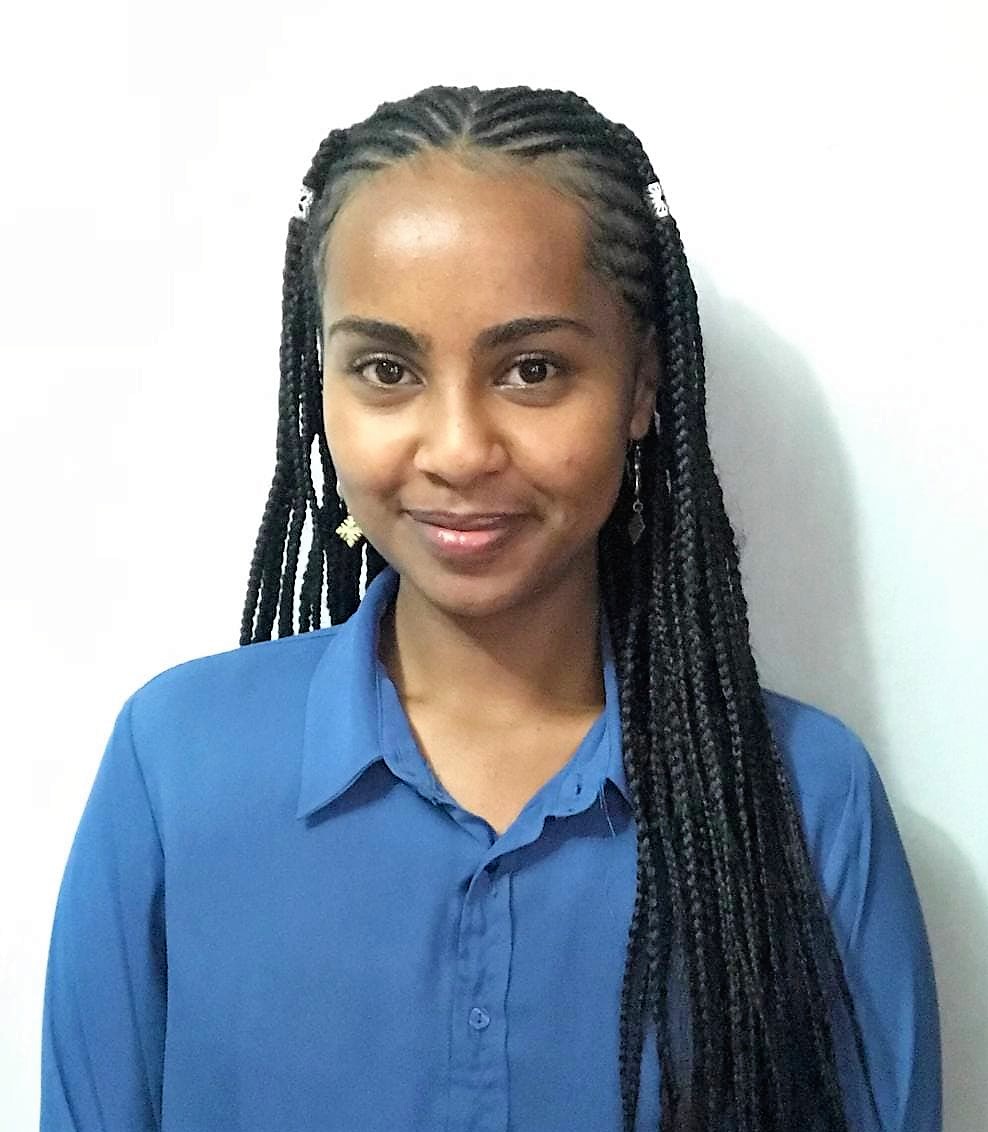
Eden Befekadu
Eden Befekadu is a Business Administration student at Western University college which is affiliated with Lincoln University, Oakland, California. She is currently working as a consultant Young Designer at PSI/Ethiopia. She is part of the team that worked on Smart Start’s RISE program. More recently, she is involved as a member of the Country Coordinating Team for Ethiopia as Partnerships and Communication Director for the International Youth Alliance for Family Planning.
Sexual and Gender-based violence (SGBV) is common in low-resource countries like Ethiopia. A 2016 Health and Demographic survey conducted by the Central Statistical Agency of Ethiopia suggested that nearly a third of women aged between 15 and 49 had experienced either physical or sexual violence. SGVB survivors are also at increased risk of experiencing psychological and physical health effects such as stress, worry, sadness, unsafe abortion, unexpected pregnancy, and sexually transmitted infections.
Sexual assault or violence has physical and psychological implications that are not restricted to the survivors, but can have negative consequences for society and communities. Survivors of SGBV require a variety of services to facilitate their recovery, including medical treatment, counseling, and legal assistance, as well as training in life skills and employability.
“Based on this context, I created a personal goal to contribute towards supporting young women living in shelters to get access to diverse opportunities as a means to achieving their dreams and aspirations. “
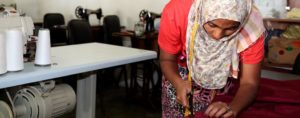
The Association for Women’s Sanctuary and Development (AWSAD) shelter offers girls economic skills like sewing clothes as a means of generating income.
With a grant from HCDExchange, I set out to assess the needs and challenges of young women living in the Association for Women’s Sanctuary and Development (AWSAD) shelter in Addis Ababa, Ethiopia. This formed the basis for my Independent Learning Project during my time as a meber of the HCDExchange’s Youth Leadership Hub.
In Ethiopia, shelters take a holistic approach, providing survivors and their children with housing, health care, food, and clothing, as well as individual and group counseling, self-defense and life skills training, and professional skills training like computer literacy, hairdressing, sewing and embroidery skills.
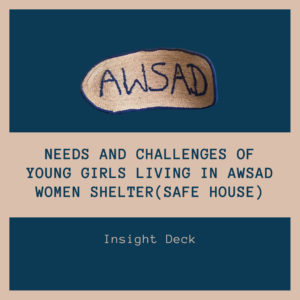
At AWSAD, SGBV survivors receive counseling, shelter and empowerment services. In addition, young women have access to clean water, sanitary materials, and all their basic needs are taken care of. It provides a refuge for survivors to have a fresh start to life. My major motivation to tackle this project especially as a young woman, is because I want to take part in the empowerment efforts to see that young women who were forced into a difficult position, are able to rewrite their story and succeed in life.
AWSAD comes in after girls or young women encounter abuse and elsewhere is unsafe. You find that in most instances, girls are exposed to abuse from their relatives or the close people living within her community. In these cases, abuse is too close to home posing an even greater risk. Shelters play a pivotal role in the safety of young women exposed to SGBV as they take up the responsibility for the first three to six months awaiting the girls to overcome trauma.

While in the shelter, the young women are able to track their court appointments, undergo counseling, self-protection and self improvement training in order to be better equipped for life post-shelter. For example, in the process of conducting the interviews, the AWSAD shelter management told me that the first time a girl comes to their establishment, she is still in trauma. It’s hard for the girl to be in a new environment. It’s during this first month the girls undergo intensive counseling sessions to help shift their perspectives from the trauma.
Shelters such as these are so far doing a great job in helping young women curve a new path for themselves, volunteers, funders and policy makers can add on these efforts by understanding what role shelters play, the services they offer and what is needed to have a thriving young generation of women. This is why it was important to highlight the needs and challenges of young women in shelters.
My Independent Learning Project contextualizes the need to be knowledgeable of the various challenges and needs so that you can come in with an inside view on how you can support shelters to further provide wings for SGBV survivors. By applying the principles of the HCD process to assess these challenges and needs, we capture the context of these young women. Through these learnings and shared experiences, I have put together basic insights to help in raising awareness within the community and to different stakeholders.
This is an abridged interview conducted by Belindar Kwamboka as part of the HCDExchange Youth Leadership Hub
on March 29, 2022.
Further Information
Access more information about the Association for Women’s Sanctuary and Development (AWSAD).

